Last night’s CS:GO update introduced new maps and weapon and economy changes, but the adjustments to economy were the most important of them all.
At the start of every half, the loss bonus is now $1,900 instead of $1,400. The subsequent loss bonuses are now $2,400, $2,900, $3,400, and $3,900. The $500 increase across the board for loss bonuses at first doesn’t seem like much, but it absolutely affects the buy trends every half. The $1,900 loss bonus only applies to the round after the pistol round and in subsequent rounds that are lost.
Related: The latest CS:GO update introduces new maps and economy changes
There are a number of scenarios that could play out for both the T and CT sides. It’s generally the same for both, but the biggest difference is for the offense, assuming that they’re able to get a bomb plant during the pistol round. Below is how the money plays out for the CT side and the T side when they don’t plant the bomb in the first and second rounds.
Scenario One
- First round no investment ($800+$1,900 = $2,700)
- Second round full eco loss ($2,700+$2,400 = $5,100)
- Third round full buy = $5,100
Scenario Two
- First round kevlar investment ($150+$1,900 = $2,050)
- Second round full eco loss ($2,050+$2,400 = $4,450)
- Third round full buy = $4,450
Scenario Three
- First round grenade/pistol investment ($0+$1,900)
- Second round eco loss ($1,900+$2,400 = $4,300)
- Third round full buy = $4,300
A T side bomb plant drastically changes the money totals. Below are the money totals for loss bonuses on the T side for when a team saves with zero investment (full eco).
One Plant
Scenario One
- First round no investment with a bomb plant ($800+$1,900+$800 = $3,500)
- Second round full eco loss with no plant ($2,700+$2,400 = $5,100)
- Third round full buy = $5,100
Scenario Two
- First round kevlar investment with a bomb plant ($150+$1,900+$800 = $2,850)
- Second round full eco loss with no plant ($2,050+$2,400 = $4,450)
- Third round full buy = $4,450
Scenario Three
- First round grenade/pistol investment with a bomb plant ($0+$1,900+$800 = $2,700)
- Second round eco loss with no bomb plant ($1,900+$2,400 = $3,500)
- Third round full buy = $3,500
Two Plants
Scenario One
- First round no investment with a bomb plant ($800+$1,900+$800 = $3,500)
- Second round full eco loss with another plant ($3,500+$2,400+$800 = $6,700)
- Third round full buy = $6,700
Scenario Two
- First round kevlar investment with a bomb plant ($150+$1,900+$800 = $2,850)
- Second round full eco loss with another bomb plant ($2,050+$2,400+$800 = $5,250)
- Third round full buy = $5,250
Scenario Three
- First round grenade/pistol investment with a bomb plant ($0+$1,900+$800 = $2,700)
- Second round eco loss with another bomb plant ($1,900+$2,400+$800 = $3,500)
- Third round full buy = $3,500
Of course, a win in the second round fully negates the above scenarios, so those situations must be decided upon on the fly. All of the arithmetic shown above can be verified on this spreadsheet.
Overall, these changes mean that second round force buys will be stronger because of the grenade availability from the money increase. If a team opts out of the force, they could theoretically full buy in the third round. But when a reset happens, it can be momentum changing for both teams’ economies, resulting in the need to re-establish and double eco for the reset side. This means that paying attention to early half buy trends is essential to learning this new eco meta.



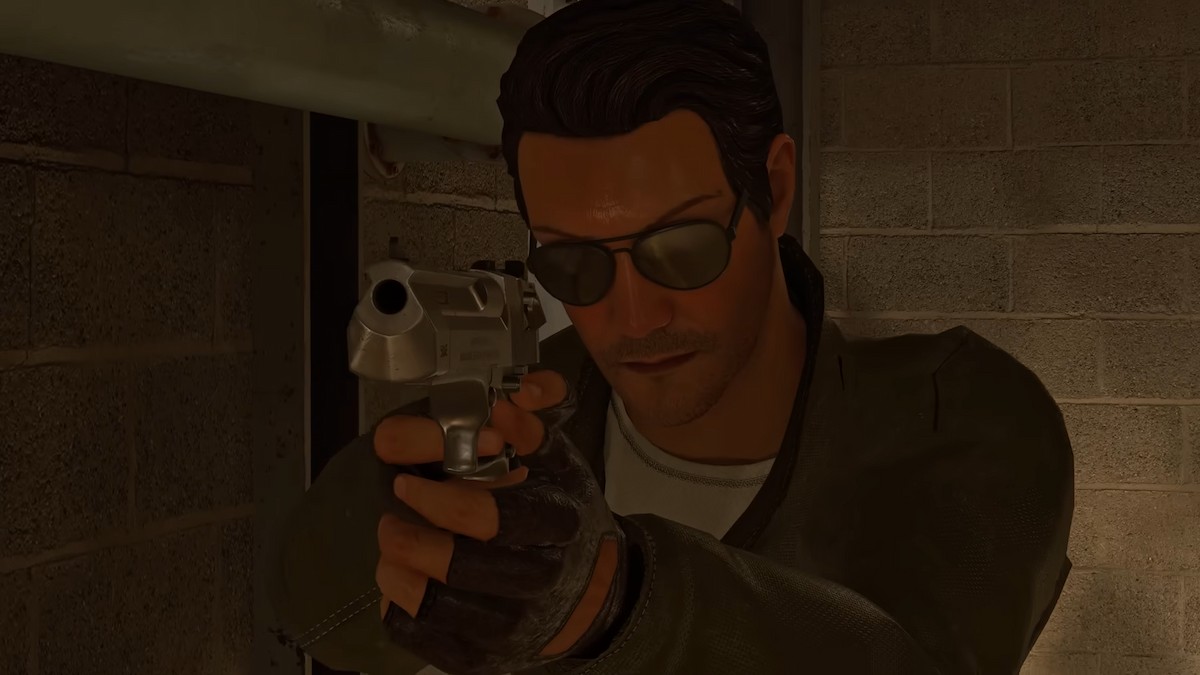
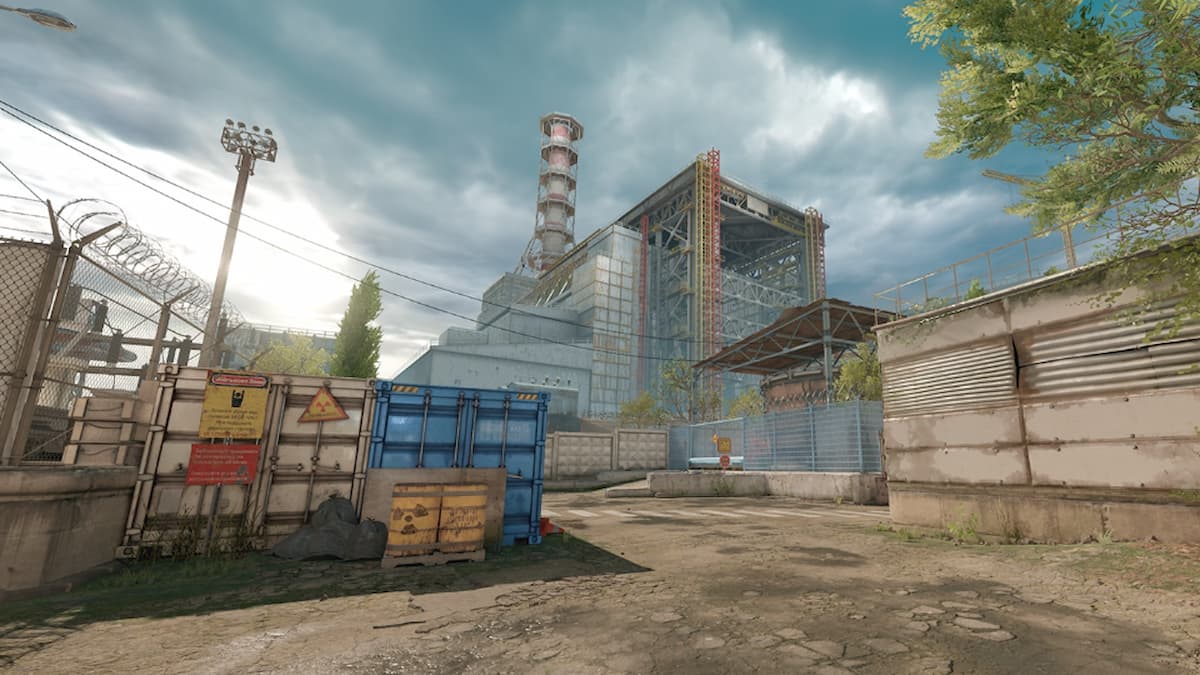
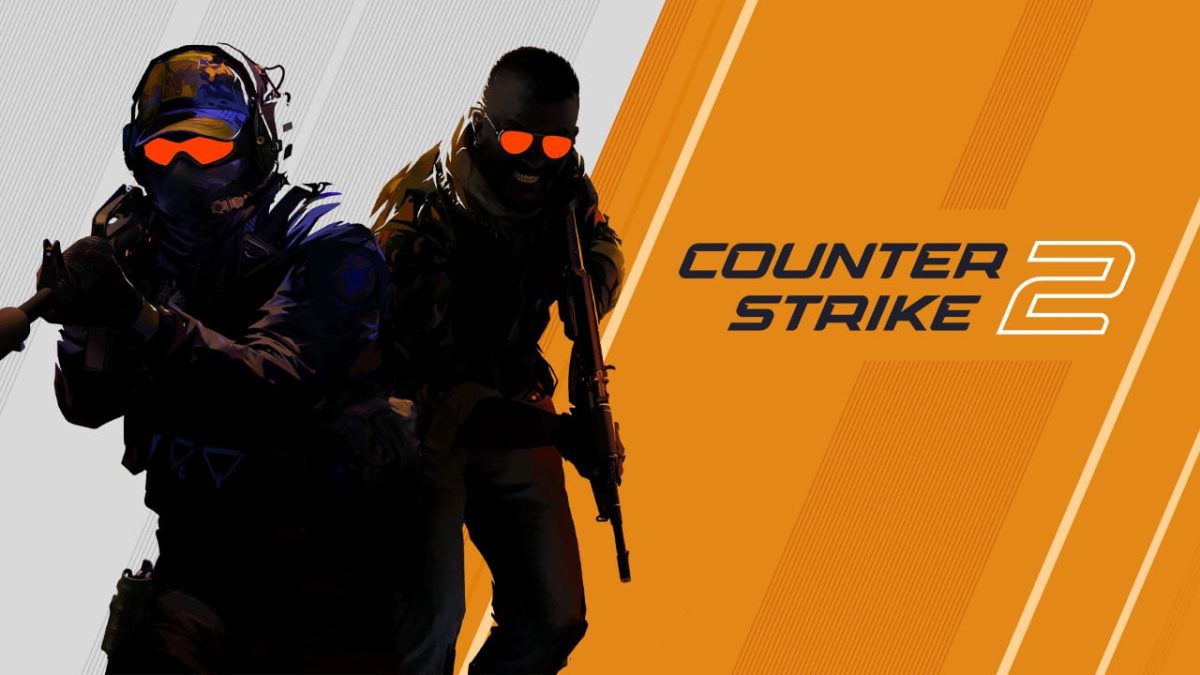


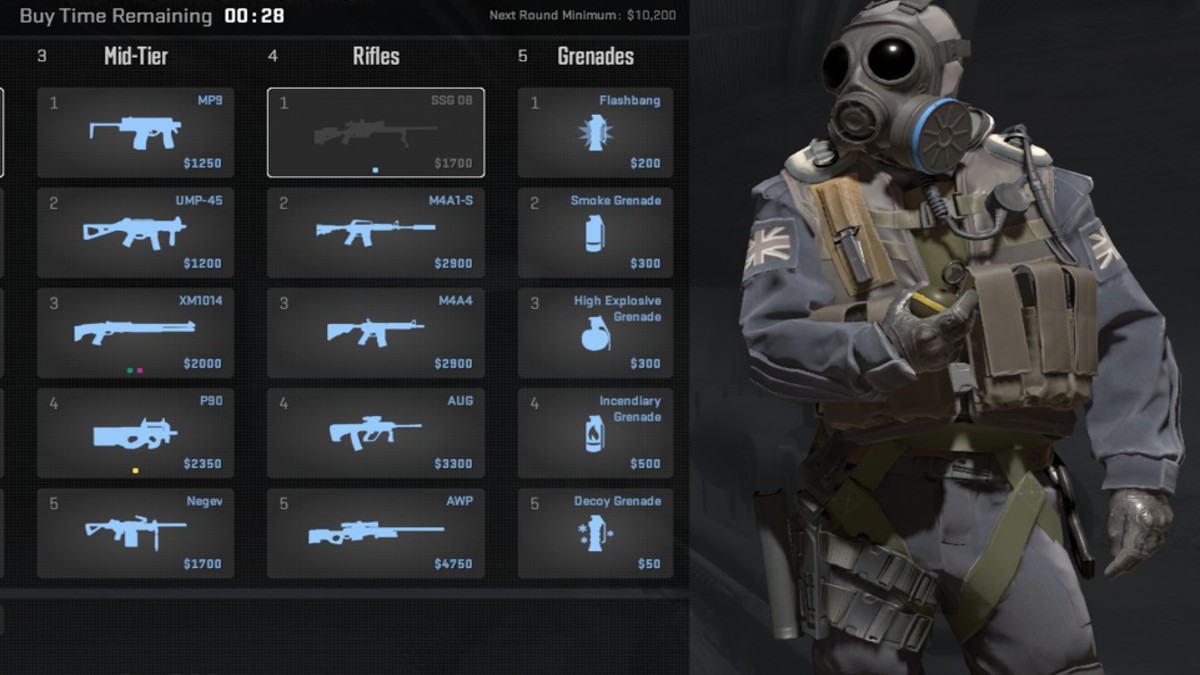
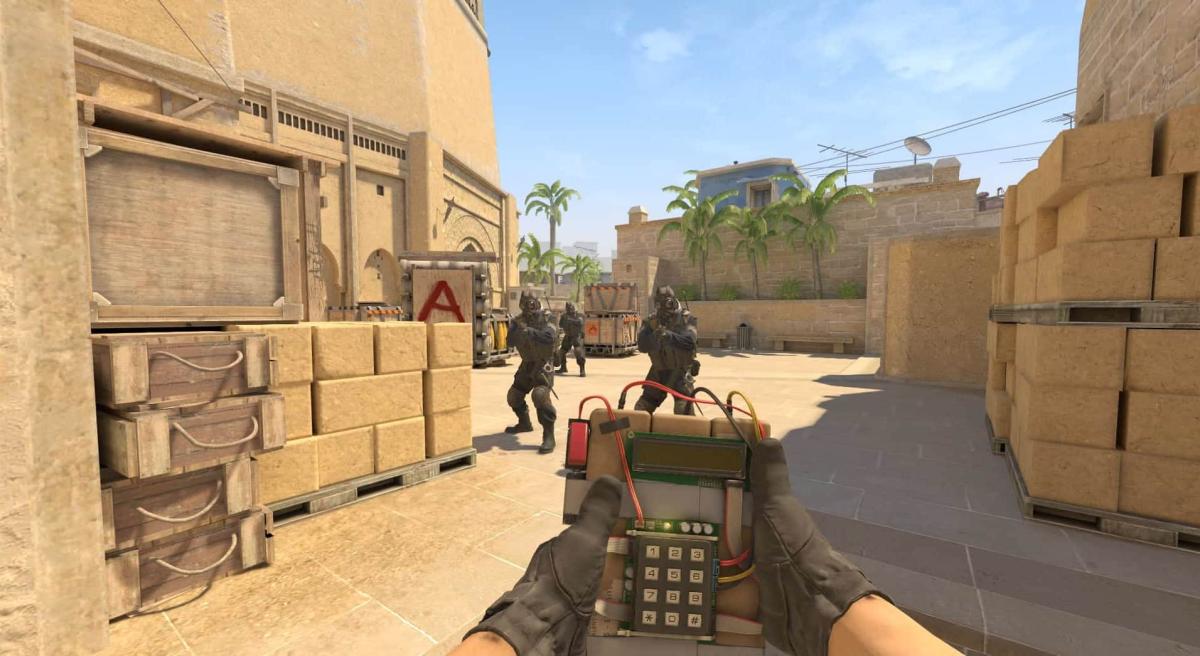
Published: Oct 11, 2018 02:35 pm